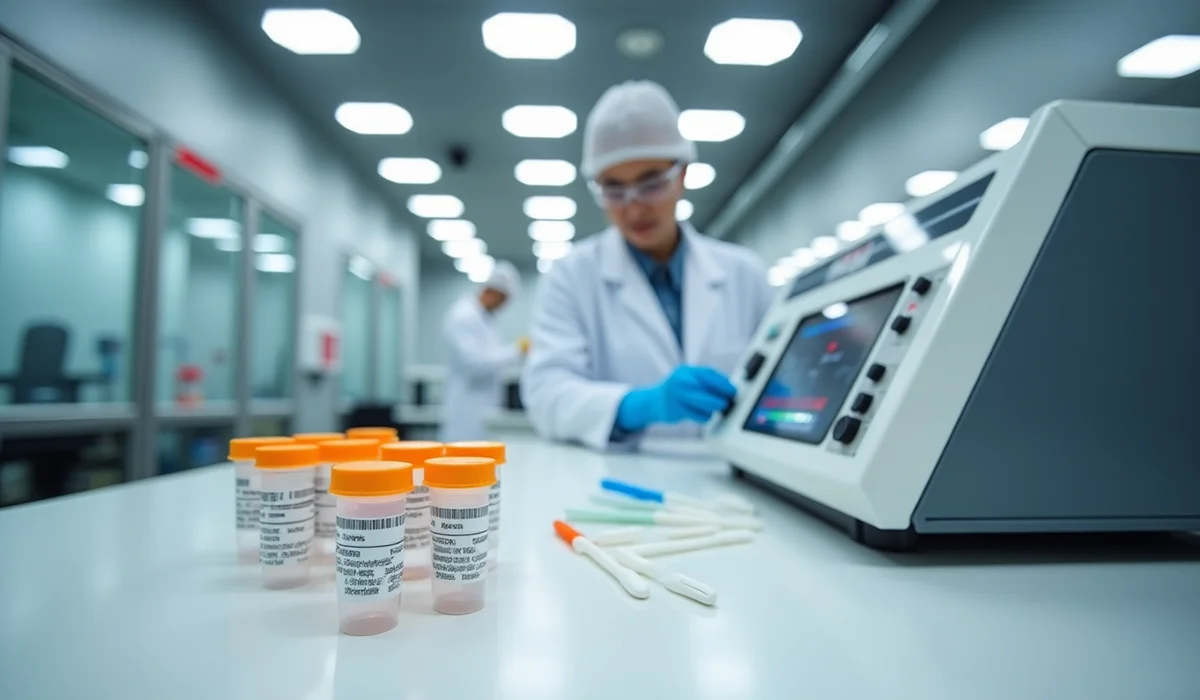A recent report from Law & Crime involving a Georgia law enforcement officer raises concerns about drunk driving and sobriety testing. According to the report, Houston County Sheriff’s Deputy Garrison Page was arrested and charged with DUI when he allegedly attempted to direct non-existent traffic outside an elementary school while intoxicated. When spotted and approached by Board of Education officers, Page reportedly showed signs of intoxication, including slurred speech and unsteady behavior.
Notably, Page was reported to resist a sobriety test. He allegedly refused a breath test and was not cooperative during an attempted blood test at the Bibb County Jail. He even tried to remove the needle from his arm when attempting to collect a blood sample. This resistance led authorities to secure a warrant from a Superior Court judge to obtain a blood sample.
When it comes to drug testing in law enforcement scenarios, two methods stand out: traditional blood testing and non-invasive, saliva-based testing. Let’s compare these approaches:
Traditional Blood Testing:
- Invasive procedure requiring needle insertion
- Often necessitates multiple personnel for administration
- May require legal intervention (e.g., warrants) if the suspect resists
- Can face physical resistance from uncooperative subjects
- Results typically not immediate, requiring lab processing
- Time-consuming process from sample collection to results
Saliva-based Testing:
- Minimally invasive, requiring only a saliva sample
- Can be quickly and easily administered at the scene
- Reduces the likelihood of physical resistance due to its non-invasive nature
- Typically doesn’t require additional legal steps for sample collection
- Provides rapid results in minutes
- Streamlines the entire testing process for both law enforcement and suspects
While blood testing remains valuable for certain scenarios, the use of saliva-based testing in appropriate situations could significantly enhance the efficiency and effectiveness of drug testing in law enforcement. This method offers a balance between accuracy, speed, and respect for individual rights, potentially leading to smoother interactions between law enforcement and suspects during testing procedures.





